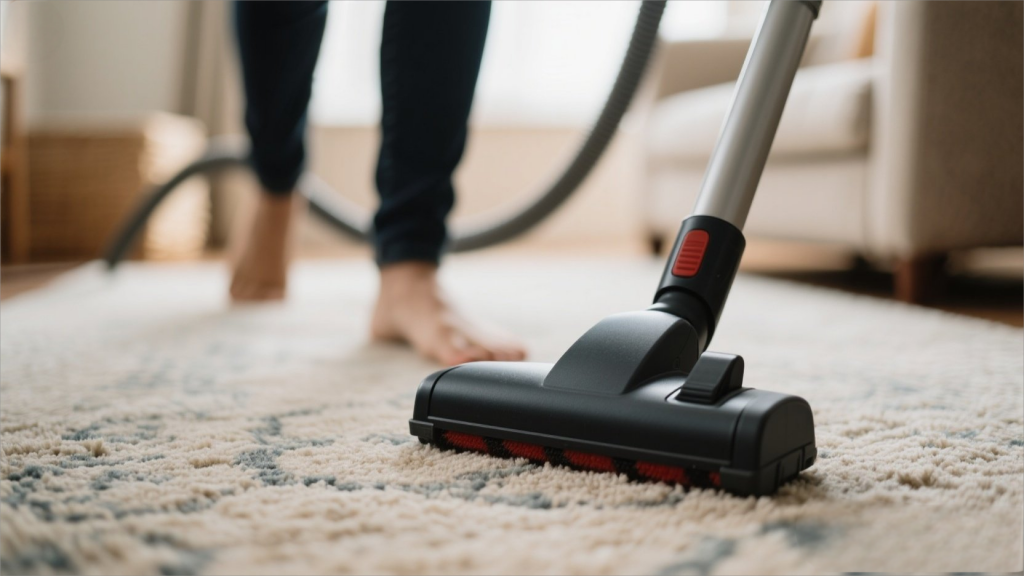If you've ever found yourself wide awake at 2 a.m., staring at the ceiling while your brain replays every stressful thought imaginable, you're not alone. That frustrating cycle of anxiety-induced insomnia is something many of us know all too well. The good news? There’s a scientific explanation for why stress hijacks our sleep—and more importantly, ways to fight back.
The Science Behind Anxiety and Sleep Disruption
Contrary to what you might assume, anxiety itself doesn’t actually wake you up mid-slumber. According to sleep expert Dr. Michael J. Breus, sleep is a physical process that anxiety can’t directly interrupt once you're already asleep. However, if you wake up naturally (say, to use the bathroom or because of noise), anxiety can swoop in like an unwelcome guest and make it nearly impossible to drift back off. The culprit? Cortisol—the body’s primary stress hormone. When your brain starts spinning with worries, cortisol levels spike, effectively putting the brakes on sleep. And if you’re already prone to stress, this creates a vicious cycle: more anxiety leads to more cortisol, which leads to even less sleep.
Why Checking the Clock Makes It Worse
Here’s a scenario you might recognize: You wake up, glance at the clock, and immediately start calculating how many hours of sleep you have left before your alarm goes off. That simple act of clock-watching triggers a stress response, ramping up your heart rate and cortisol levels. Before you know it, you’re caught in what Dr. Breus calls "autonomic arousal"—a fancy term for your body’s fight-or-flight mode kicking in at the worst possible time. The solution? Turn your clock away from view. Out of sight, out of mind—literally.
Breaking the Cycle: Relaxation Techniques That Work
So how do you short-circuit this frustrating loop? Breathing exercises are a great place to start. Try the 4-7-8 method: Inhale for 4 seconds, hold for 7, exhale for 8. This slows your heart rate and signals to your body that it’s time to wind down. Guided imagery—mentally picturing a calming scene, like a beach or forest—can also help redirect your brain from stressful thoughts. And if late-night news scrolling is your downfall (guilty as charged), set a digital curfew. Trust me, the world will still be there in the morning.
When to Seek Professional Help
If sleepless nights become a regular occurrence, it might be time to call in reinforcements. A sleep specialist can help pinpoint whether your insomnia is stress-related or tied to an underlying condition like sleep apnea or restless leg syndrome. They might suggest cognitive behavioral therapy for insomnia (CBT-I), a proven method for retraining your brain’s sleep habits, or recommend lifestyle adjustments like cutting back on caffeine or adjusting your sleep environment.
At the end of the day (or night), remember this: Stress and sleep are deeply connected, but they don’t have to control you. With the right strategies—and maybe a little patience—you can reclaim those precious hours of rest. Sweet dreams.
























